Who Controls Gas Prices in the US?
Who controls gas prices in the U.S.? There's no puppeteer, just several factors that combine to pull and push on what you pay at the pump.

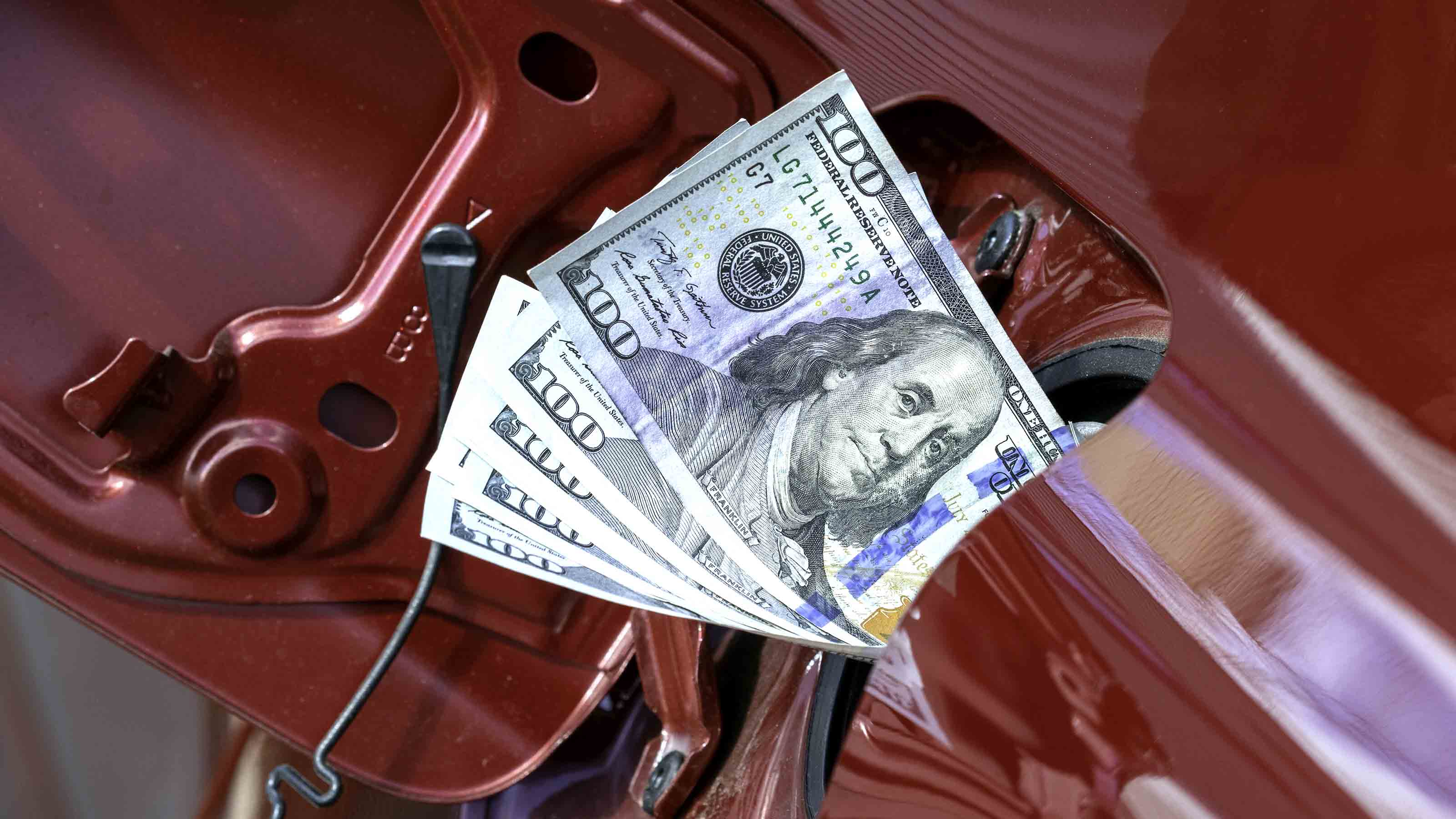
Profit and prosper with the best of Kiplinger's advice on investing, taxes, retirement, personal finance and much more. Delivered daily. Enter your email in the box and click Sign Me Up.
You are now subscribed
Your newsletter sign-up was successful
Want to add more newsletters?

Delivered daily
Kiplinger Today
Profit and prosper with the best of Kiplinger's advice on investing, taxes, retirement, personal finance and much more delivered daily. Smart money moves start here.

Sent five days a week
Kiplinger A Step Ahead
Get practical help to make better financial decisions in your everyday life, from spending to savings on top deals.

Delivered daily
Kiplinger Closing Bell
Get today's biggest financial and investing headlines delivered to your inbox every day the U.S. stock market is open.

Sent twice a week
Kiplinger Adviser Intel
Financial pros across the country share best practices and fresh tactics to preserve and grow your wealth.

Delivered weekly
Kiplinger Tax Tips
Trim your federal and state tax bills with practical tax-planning and tax-cutting strategies.

Sent twice a week
Kiplinger Retirement Tips
Your twice-a-week guide to planning and enjoying a financially secure and richly rewarding retirement

Sent bimonthly.
Kiplinger Adviser Angle
Insights for advisers, wealth managers and other financial professionals.

Sent twice a week
Kiplinger Investing Weekly
Your twice-a-week roundup of promising stocks, funds, companies and industries you should consider, ones you should avoid, and why.

Sent weekly for six weeks
Kiplinger Invest for Retirement
Your step-by-step six-part series on how to invest for retirement, from devising a successful strategy to exactly which investments to choose.
Gasoline prices have been holding steady lately, reversing the equally dramatic rise they embarked on in spring 2022. From a peak of $5.02 per gallon of regular in mid-2022, the national average is now down to $3.67.
Drivers suffering from price whiplash might be asking, "Who controls gas prices?" The short answer is that no single person, company or government can really be said to set gas prices, the same way that no single entity controls the prices of the most common types of car insurance.
But it is possible to break down some of the major factors that go into determining what a gallon of gas sells for. Let's take a look.
From just $107.88 $24.99 for Kiplinger Personal Finance
Become a smarter, better informed investor. Subscribe from just $107.88 $24.99, plus get up to 4 Special Issues

Sign up for Kiplinger’s Free Newsletters
Profit and prosper with the best of expert advice on investing, taxes, retirement, personal finance and more - straight to your e-mail.
Profit and prosper with the best of expert advice - straight to your e-mail.
1. Crude oil
The Department of Energy has a handy chart that breaks down the major expenses involved in turning crude oil in the ground into the refined gas you can put in your car.
The biggest, accounting for a bit more than half the price you pay, is the price of crude oil — the raw material from which gas is refined.
The price of that raw material has been on a wild ride in recent years. In 2020, some oil prices briefly fell below $0 per barrel, because worldwide demand for fuel was so low during the worst of the pandemic that unwanted oil was filling up storage facilities to the point where some barrels had nowhere to go.
Then, as the pandemic eased, fuel demand came roaring back, faster than oil producers could reopen the taps. Oil prices quickly recovered to their pre-COVID level, and then shot higher. In early 2022, when Russia invaded Ukraine, the price of the benchmark West Texas Intermediate soared above $130 per barrel.
2. Taxes

The next biggest factor determining gas prices, according to the Department of Energy, is gas taxes — specifically, the state, local and federal taxes levied on fuel.
No one loves paying taxes, but they can't be blamed for the run-up in gas prices. The 18.4-cent-per-gallon federal tax on gas hasn't been increased in about three decades.
Some states have actually given a "gas tax holiday" — cutting or suspending their own gas taxes in an attempt to give motorists some relief from the high prices. Sadly, those reductions didn't do much to keep the average price of gas from hitting new records earlier in 2022.
3. Other factors determining the price of gas
The remaining factors controlling gas prices are a mix of related costs:
- refining crude into gasoline and other fuels
- transporting it to stations by pipeline and truck
- marketing gas
This bucket of costs includes refiners' profits on turning barrels of oil into barrels of gasoline, and these days, those profits are soaring. Some refineries closed due to the slump in fuel demand during the pandemic, which means bigger profit margins for those that remain, now that demand is healthier.
If you want to share in some of those profits as an investor, instead of just funding them as a driver, learn how to find the best energy stocks. Maybe they will provide some comfort during your next expensive fill-up.
Related Content
Profit and prosper with the best of Kiplinger's advice on investing, taxes, retirement, personal finance and much more. Delivered daily. Enter your email in the box and click Sign Me Up.

Jim joined Kiplinger in December 2010, covering energy and commodities markets, autos, environment and sports business for The Kiplinger Letter. He is now the managing editor of The Kiplinger Letter and The Kiplinger Tax Letter. He also frequently appears on radio and podcasts to discuss the outlook for gasoline prices and new car technologies. Prior to joining Kiplinger, he covered federal grant funding and congressional appropriations for Thompson Publishing Group, writing for a range of print and online publications. He holds a BA in history from the University of Rochester.
-
 Quiz: Do You Know How to Avoid the "Medigap Trap?"
Quiz: Do You Know How to Avoid the "Medigap Trap?"Quiz Test your basic knowledge of the "Medigap Trap" in our quick quiz.
-
 5 Top Tax-Efficient Mutual Funds for Smarter Investing
5 Top Tax-Efficient Mutual Funds for Smarter InvestingMutual funds are many things, but "tax-friendly" usually isn't one of them. These are the exceptions.
-
 AI Sparks Existential Crisis for Software Stocks
AI Sparks Existential Crisis for Software StocksThe Kiplinger Letter Fears that SaaS subscription software could be rendered obsolete by artificial intelligence make investors jittery.
-
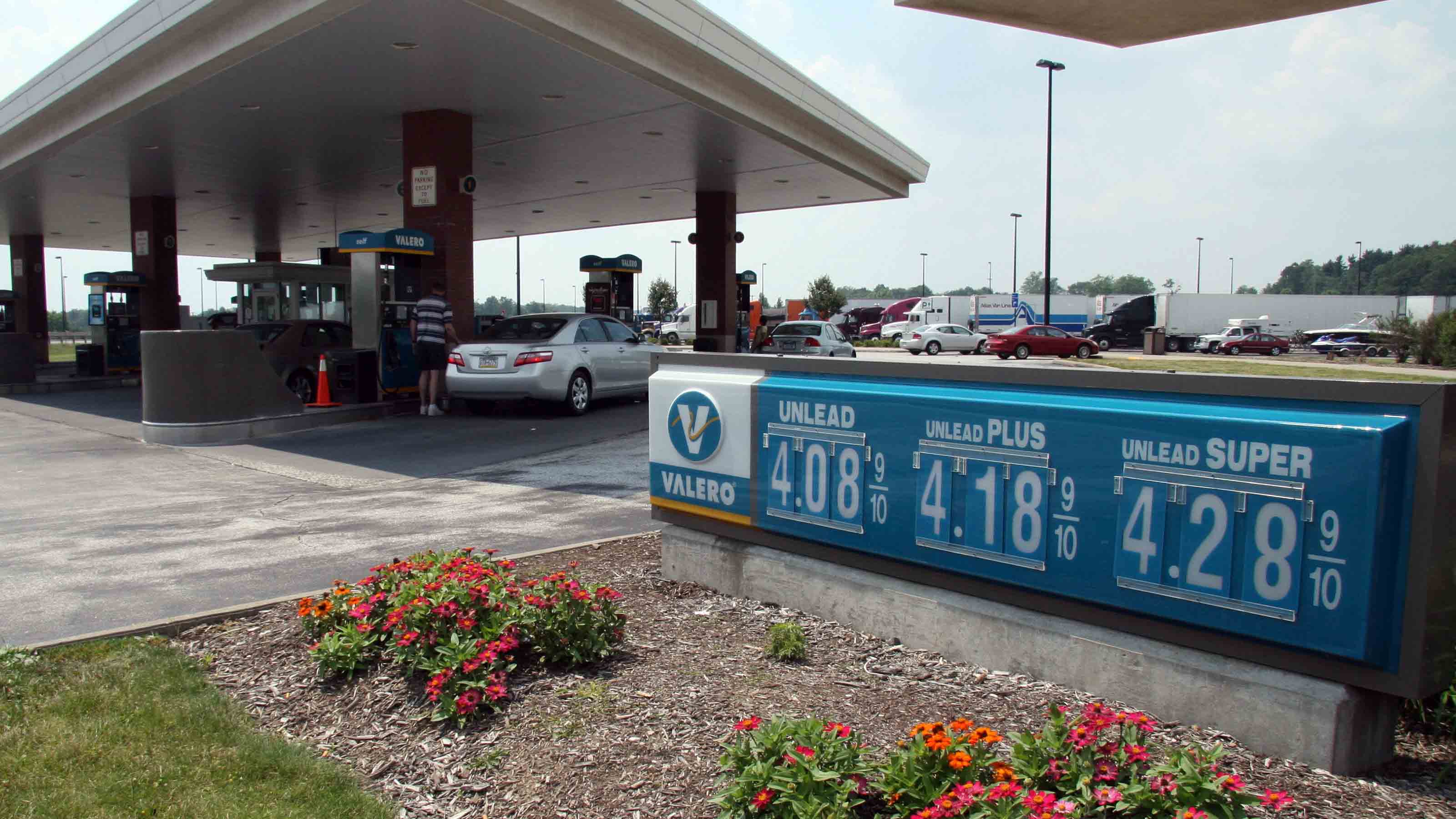 Today's Pump Pain: Worse Than 2008 Gas Prices?
Today's Pump Pain: Worse Than 2008 Gas Prices?spending Americans haven't felt this much pain at the pump in well more than a decade, but by one measure, gas prices still haven't topped 2008's highs.
-
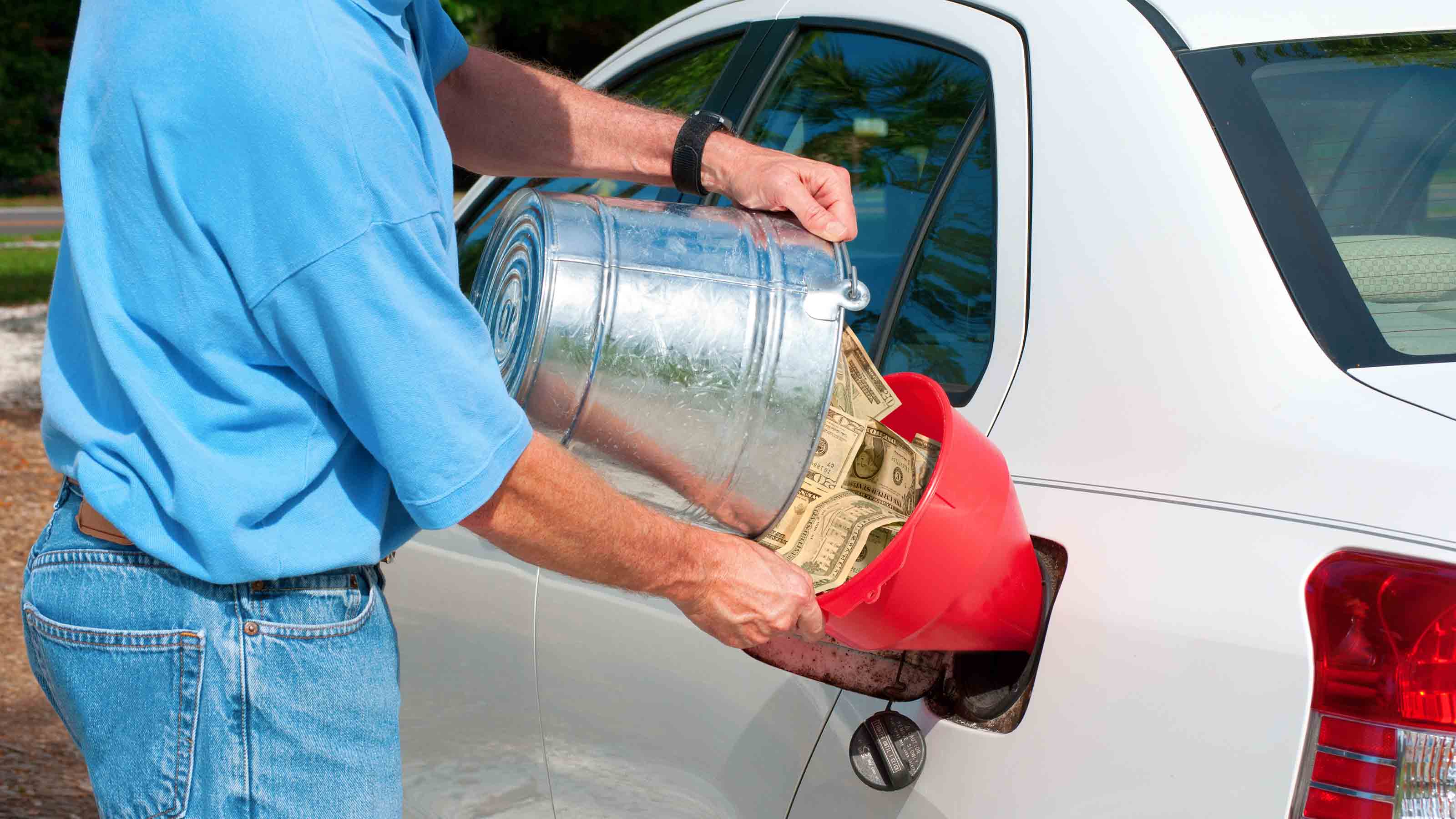 Will Gas Prices Ever Go Down?
Will Gas Prices Ever Go Down?personal finance A few catalysts could theoretically relieve current pressures at the fuel pump, but don’t expect gas prices to go meaningfully lower soon.
-
 Why Are Gas Prices Still Going Up?
Why Are Gas Prices Still Going Up?spending The cost of a gallon of gas is at an all-time high. What’s driving the surge and will gas prices go down anytime soon?
-
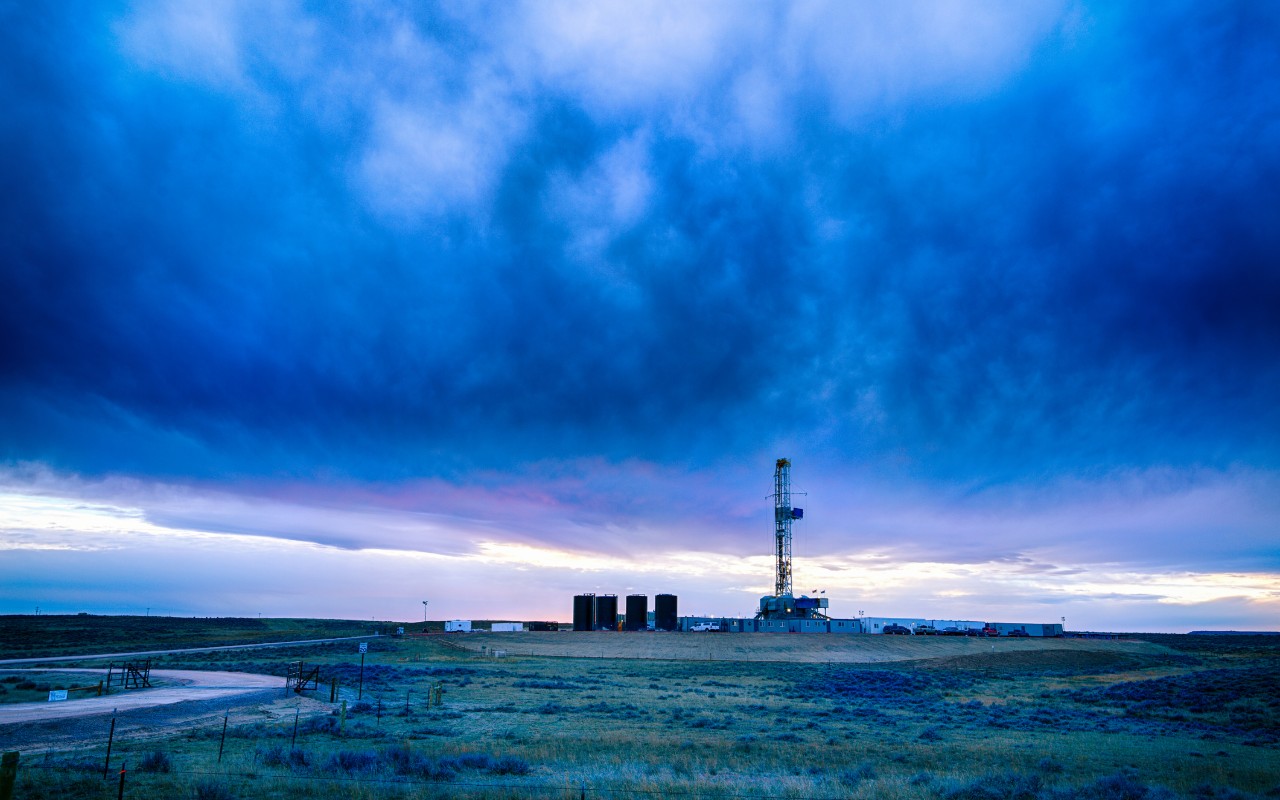 7 Oil and Gas Stocks That Have Entered Dangerous Waters
7 Oil and Gas Stocks That Have Entered Dangerous Watersstocks Oil stocks, natural gas producers and other commodity-based firms stand apart from one another based on factors such as where they're located and how efficient their operations are.
-
 Get a Good Last-Minute Travel Deal
Get a Good Last-Minute Travel DealTravel You can still save on end-of-summer or fall vacations.
-
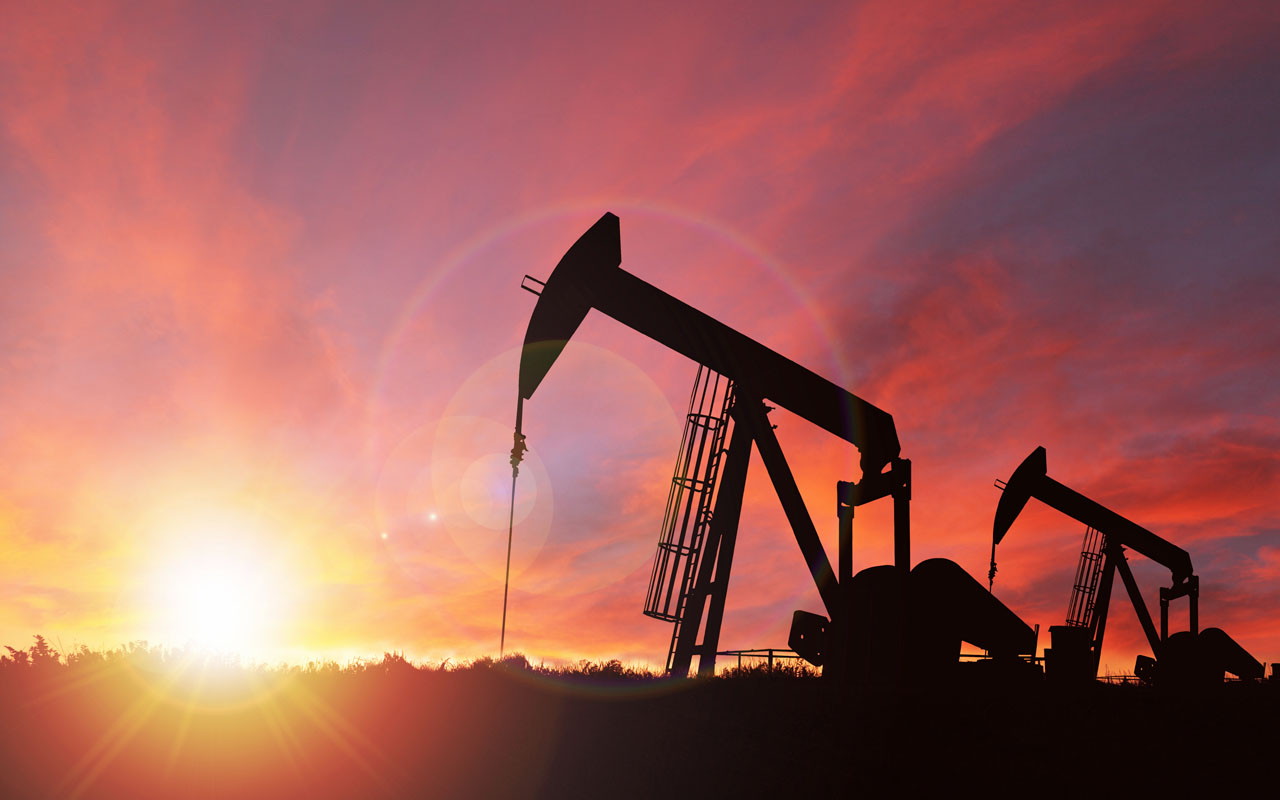 10 Energy Stocks and Funds to Buy for Dividends AND Growth
10 Energy Stocks and Funds to Buy for Dividends AND Growthstocks Certain sectors of the stock market have gained a reputation for being income-friendly.
-
 Investors, It's Time to Bet on Banks
Investors, It's Time to Bet on Banksinvesting The big banks have different personalities. JPMorgan Chase is strong and steady. Wells Fargo is seen as the best managed and most innovative.
-
Playing a Soft Housing Market
investing All those kids in their twenties and thirties who are living with their parents will eventually want their own homes.